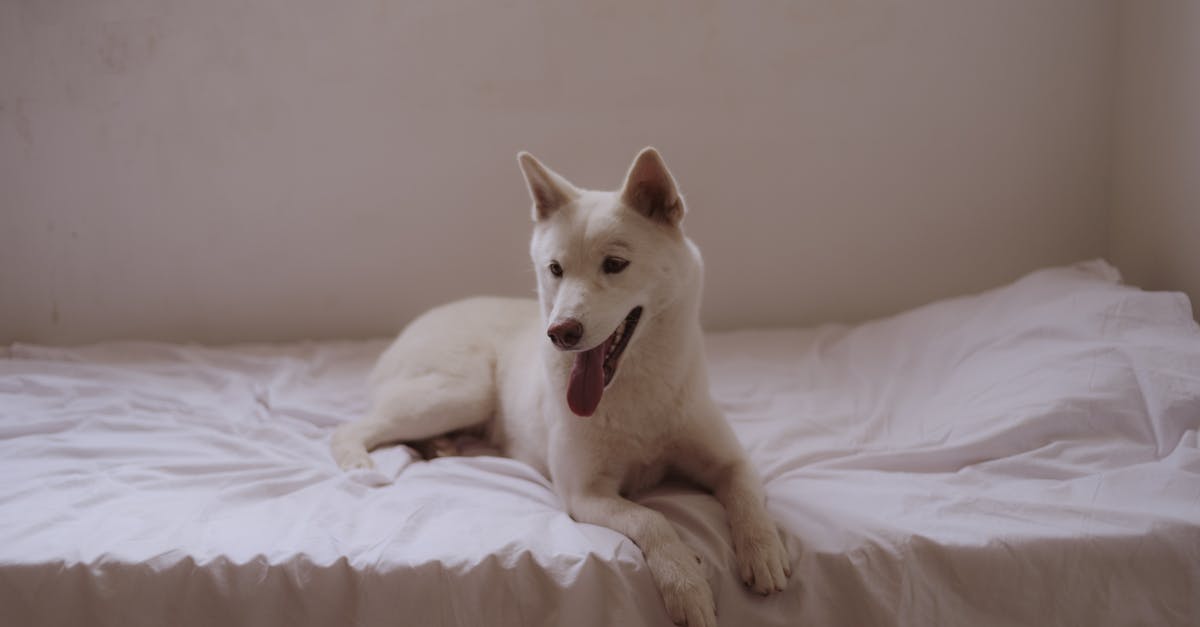Lop-eared rabbits are undeniably adorable with their floppy ears and sweet personalities, but owning one comes with specific responsibilities. These gentle creatures require proper care to stay healthy and happy. If you're considering adopting a lop-eared rabbit or already have one, you might wonder how to meet their unique needs. Let's dive into everything you need to know to ensure your furry friend thrives.
🩺 Vet Recommendations
Lop-eared rabbits, such as the Holland Lop or French Lop, are popular due to their calm nature and distinctive appearance. However, their trademark floppy ears can predispose them to certain health issues. Regular vet check-ups and proper care are essential to keep them healthy.
Here are some key health concerns to monitor:
- Ear infections: Lop ears restrict airflow to the ear canal, increasing the risk of infections.
- Dental problems: Like all rabbits, their teeth grow continuously, so a proper diet is crucial.
- Weight management: Some lop-eared breeds are prone to obesity without adequate exercise.
Scheduling annual vet visits is a must. These check-ups can catch early signs of health issues, giving your rabbit the best chance of recovery. Additionally, spaying or neutering is recommended to prevent reproductive health problems and unwanted behaviors.
📋 Care Tips
To keep your lop-eared rabbit healthy and happy, focus on creating a safe, enriching environment and providing a balanced diet. Here are some practical tips:
- Housing: Provide a spacious enclosure with plenty of room to hop, stretch, and play. Include soft bedding, but avoid cedar or pine shavings, which can irritate their respiratory system.
- Diet: The foundation of a rabbit's diet should be high-quality hay, such as timothy or orchard grass. Supplement with fresh leafy greens like romaine lettuce, cilantro, and parsley. Limit pellets and sugary treats to prevent obesity.
- Grooming: Lop-eared rabbits may need assistance with grooming, especially during shedding seasons. Brush them regularly to prevent fur ingestion, which can lead to digestive issues.
- Exercise: Allow your rabbit daily time outside their enclosure to hop and explore. Supervised playtime prevents boredom and supports their physical health.
- Socialization: Rabbits are social animals. Spend quality time interacting with your bunny to strengthen your bond and reduce stress.
According to VCA Animal Hospitals, a rabbit's diet should consist of 80% hay to support their digestive and dental health (source).
✅ Do’s and Don’ts
Raising a lop-eared rabbit requires some specific do’s and don’ts. Following these guidelines can help you avoid common pitfalls:
- Do provide fresh water daily in a bowl or bottle.
- Do clean their living area regularly to prevent odors and bacteria buildup.
- Do trim their nails every 4–6 weeks to avoid overgrowth.
- Don’t bathe your rabbit unless directed by a vet. Rabbits can go into shock from baths.
- Don’t feed them foods like chocolate, avocado, or iceberg lettuce, as these are harmful to rabbits.
- Don’t leave them unsupervised outdoors, as they are vulnerable to predators and extreme weather.
By following these do’s and don’ts, you’ll provide a safe, loving environment for your rabbit.
💡 Expert Advice
Lop-eared rabbits are gentle, affectionate, and make wonderful companions, but they require dedicated care. Here are some final expert tips:
- Keep an eye on your rabbit’s ears. Clean them gently with a vet-approved solution if wax builds up, but never insert anything deep into their ear canal.
- Monitor their eating and bathroom habits. A sudden change could indicate a health issue that needs immediate attention.
- Consider rabbit-proofing your home if you allow free-roaming. Cover electrical cords and remove toxic plants to prevent accidents.
Building a strong bond with your lop-eared rabbit takes time and patience, but the rewards are worth it. These lovable pets thrive on routine, gentle handling, and a consistent care plan.
FAQs
Q: How often should I clean my rabbit’s ears?
A: You should check your rabbit’s ears weekly for wax buildup or signs of infection. Clean them only when necessary using a vet-recommended solution.
Q: Can lop-eared rabbits live outdoors?
A: While rabbits can live outdoors in secure hutches, indoor living is safer and healthier. Outdoor rabbits are more exposed to predators, extreme temperatures, and parasites.
Book a $49 online vet consultation at https://www.dialavet.com for fast, expert advice.























